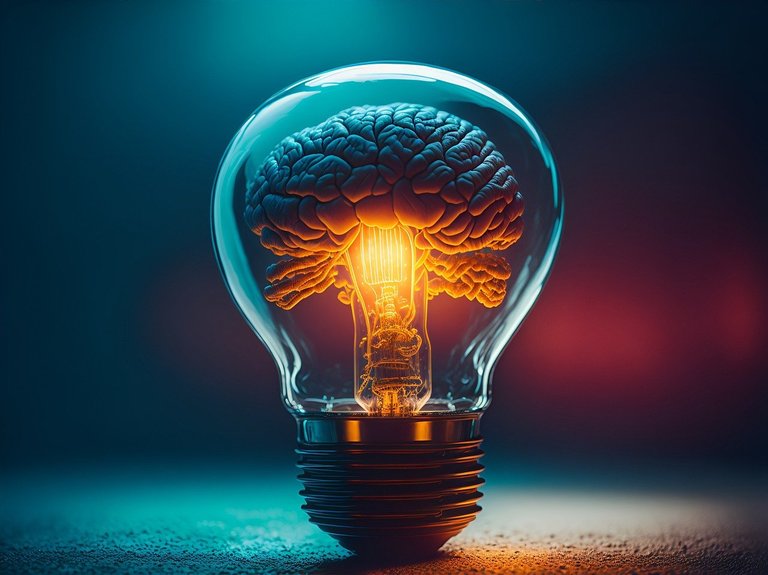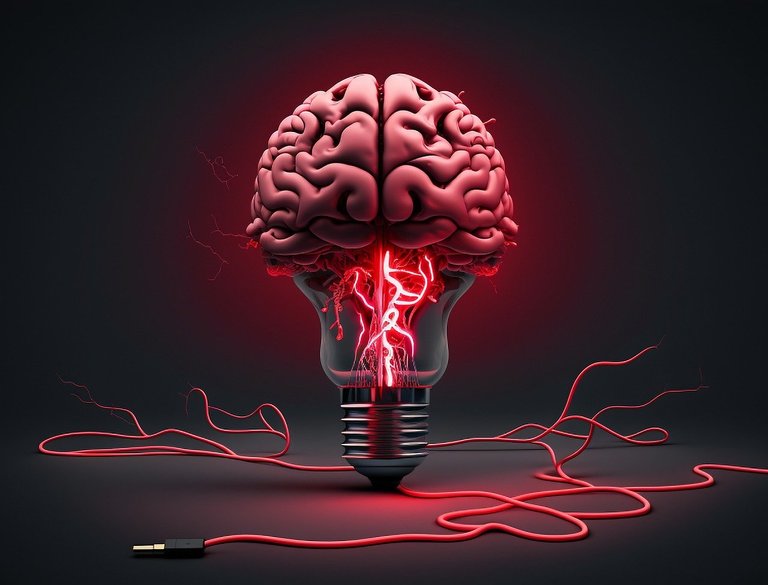I recently stumbled upon an article on ScienceAlert titled "New Test Could Tell If You Have Early Signs of Dementia With High Accuracy." As a human being that care about my health in the grand scheme of things, naturally, I had to read it because, you know, being paranoid and being curious go hand in hand like butter and bread . Little did I know, this article would was going to digress into stuffs like self-diagnosis, anxiety, and ultimately, a revelation on mental state.

Yeah, the article starts by explaining that researchers have developed a new test that can detect early signs of dementia with impressive accuracy. Okay, now, I'm not typically the type to be affected by the bandwagon effect you understand , but this caught my attention. The idea of a test that could potentially predict my cognitive future was, I would say fascinating and terrifying, both at the same time . I mean, who wouldn't want to know if their brain has the higher probability of going down hill after years of uphills, even before it became obvious?
As I read on, the article described how this test works. Apparently, it's a simple blood test that looks for specific biomarkers associated with dementia. This got me thinking: could it be that my forgetfulness and occasional brain fog is more than just the result of juggling too many tasks and not getting enough sleep? Normally I started some mental math and recollection, as to the times I forgot where I put my keys or walked into a room and couldn't remember why.
By this point, I went into a full blown scrutiny. I began scrutinizing every little memory lapse I've had over the past year. "Remember that time I called my friend by the wrong name? Or the time I left my phone in the fridge? What about the time I forgot my own birthday (yeah that actually happened)?" I thought, now my mind racing faster than you know Usain Bolt on a caffeine overdose or something.

The article then mentioned that this test could be a game-changer for early intervention and treatment. Oh oh Fantastic! But it also pointed out that it could be years before this test becomes widely available. I became a bit disappointed . Just as I was about to look more through Google for " possible home remedies for dementia prevention," I read that lifestyle factors like diet, exercise, and mental stimulation play a crucial role in brain health.
So there I was, making a mental checklist of all the things I should probably be doing but wasn't: eating more leafy greens, learning a new language, and maybe actually using that gym membership I paid for last month.
But then, the reality hit is, honestly, I can barely remember that someone asked I call them, let alone change my entire lifestyle. Besides, I am not of the green leafy team, and the last time I tried to learn a new language, I ended up with duolingo that phone decided to take it upon itself to disable since I literally wasn't using it . My inner lazy person was gaining the upper hand and I knew it
In the end, I realized that while it's essential to be aware of our health and take steps to protect our brains, it's also important not to let paranoia take over. Sure, the idea of a simple test to predict dementia is amazing and could be a significant breakthrough in medical science. But until that test is available to the masses, I'll stick to my usual routine of moderately healthy eating, occasional exercise, and trying (and failing) to read 4-6 hours .

So, here's, no panic, steeze and composure intact. Even though we forget names and misplace items. Let's embrace our our flaws and remember that everyone has those moments of forgetfulness. After all, life is too short to stress over every little brain fart. And if, in the future, a blood test can tell me if I'm at risk for dementia, I'll cross that bridge when I come to it. Until then, I'll just keep laughing at myself and enjoying the present, one forgetful moment at a time.
And hey, if I ever do find the keys to my house in my hands again after looking for it for hours, thinking I have misplaced it , I would have a good story to tell
References
https://www.sciencedaily.com/releases/2024/03/240327123943.htm
https://www.alzheimers.org.uk/blog/why-spotting-early-signs-dementia-important

